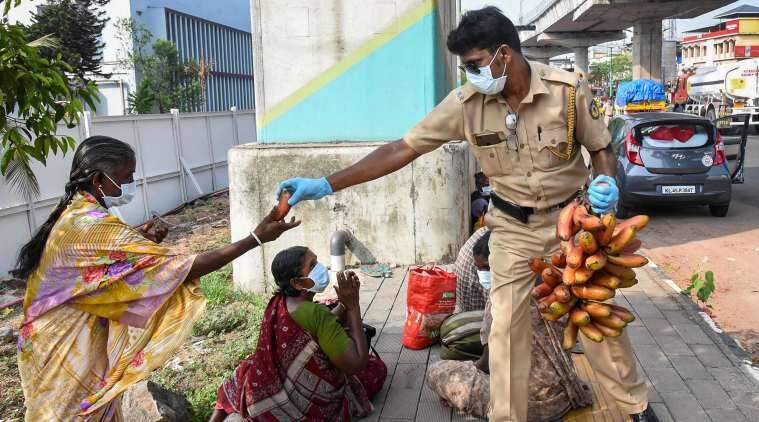Over 2.5 million people have died, and the confirmed cases are soaring past the 100 million mark.
But that hasn’t stopped the wealthiest people on the planet from increasing their wealth during the coronavirus pandemic, a report from Oxfam International indicates.
While that in itself is shocking, more grappling to deal with is the fact that it will take more than a decade, if ever, for the world’s poorest to recover.
The annual inequality report released on Sunday ahead of the World Economic Forum’s virtual meeting of political and financial leaders held at their perch in Davos, Switzerland, lays out the virus’ disparate impact around the globe.
The pandemic could increase economic inequality in almost every country at once, the first time this has happened, Oxfam said.
“We stand to witness the greatest rise in inequality since records began. The deep divide between the rich and poor is proving as deadly as the virus,” said Gabriela Bucher, Oxfam’s executive director. “Rigged economies are funneling wealth to a rich elite who are riding out the pandemic in luxury, while those on the front line of the pandemic — shop assistants, health care workers, and market vendors — are struggling to pay the bills and put food on the table.”
In a survey of 295 economists from 79 countries, Oxfam found that 87% of respondents expected that income inequality in their country was either going to increase or strongly increase as a result of the pandemic.
More than 50% of all respondents said gender inequality would likely or very likely increase; and more than two-thirds thought the same about racial inequality. Two-thirds of respondents also felt that their governments did not have a plan in place to combat inequality.
The pandemic has hurt people living in poverty far harder than the rich and has had particularly severe effects on women, Black people, Afro-descendants, Indigenous Peoples, and historically marginalised and oppressed communities around the world, the report said.
The pandemic also revealed that more than three billion people lacked access to healthcare and that three-quarters of workers had no social protections such as unemployment benefit or sick pay. In low- and lower-middle-income countries more than half of workers were in poverty despite having jobs, the report said.
In contrast, billionaires globally saw their wealth increase by $3.9 trillion between 18 March and 31 December 2020, the report said.
Their total wealth now stands at $11.95 trillion, which is equivalent to the amount governments in the largest 20 developed and developing nations, or G20, have spent in response to the pandemic.
Meanwhile, the world’s 10 richest billionaires have collectively seen their wealth increase by $540bn over this period, the report said.
At the same time, the pandemic saw hundreds of millions of people lose their jobs and face destitution and hunger. That “shock” is set to reverse the decline in global poverty that had been achieved in the past 20 years, the report said, adding, that in the past year the total number of people living in poverty is likely to have increased by between 200 million and 500 million.
“The number of people living in poverty might not return even to its pre-crisis level for over a decade,” the report said, adding that the pandemic has exposed the fact that most people live on between $2 and $10 a day.
According to the World Bank, 501 million more people will still be living on less than $5.50 a day in 2030 if governments allow inequality to increase by just two percentage points annually and the total number of people living in poverty would be higher than it was before the virus hit, the report said.
In Africa, most of the populations who do not work in formal jobs have lamented how the pandemic has extracted a huge toll from them. From losing their jobs, to shutting down business and a pause in recruitment by government agencies.
The restrictions put in place by governments to halt the spread of the virus has seen others benefit, albeit illegally, primarily those who work in state security agencies. There has also been stealing of relief funds meant to help the poor and weak in society, all contributing to an increase in inequality.
To fight this growing inequality, governments should ensure that everyone has access to a Covid-19 vaccine and financial support if they lose their jobs, Bucher said. Also, this is the time for longer-term investments in public services and low-carbon sectors to create millions of jobs and ensure everyone has access to education, health care and social care, she said.
“Governments must set concrete, time-bound targets to reduce inequality, and not simply go back to pre-crisis levels,” the report said.

